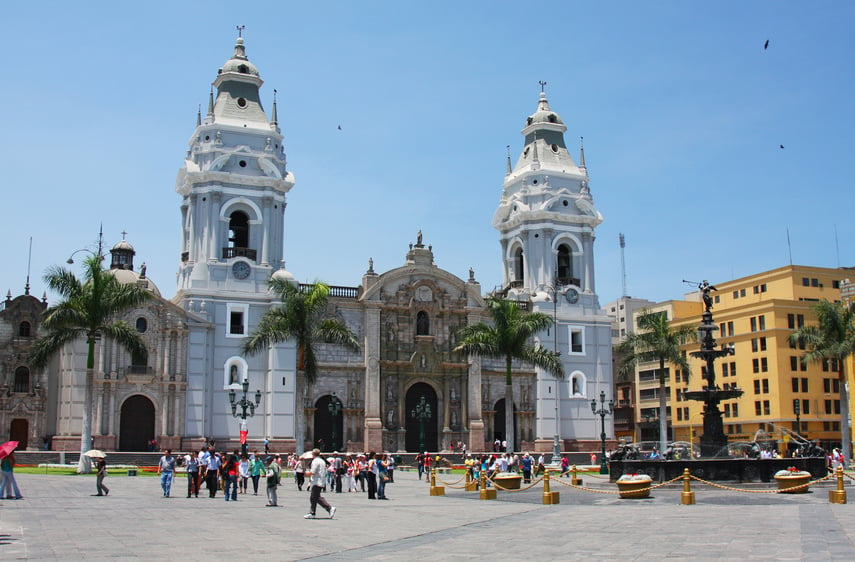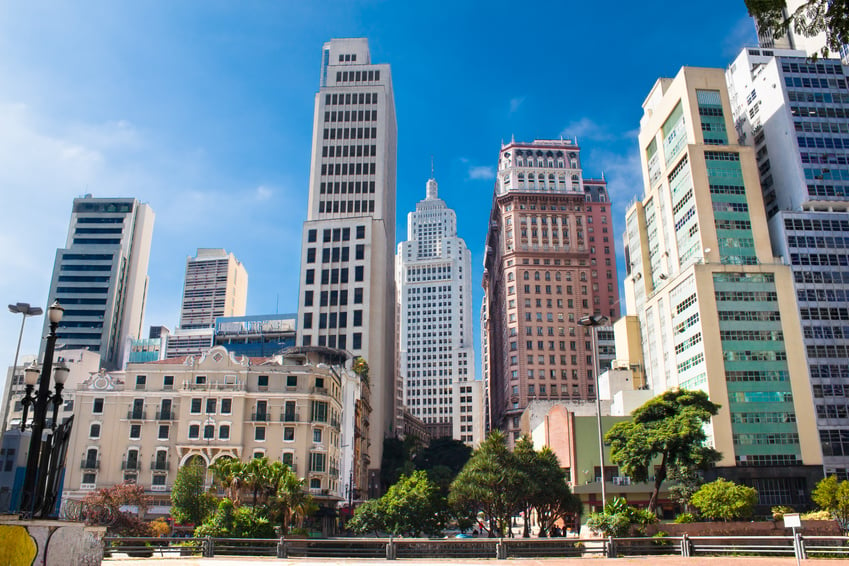In brief
By Administrative Resolution N° 057-2021-ANA, published on 13 March, the National Water Authority (ANA in Spanish) establishes the procedure for obtaining a license for the use of water, in the framework of the regime of formalization (“Formalization Procedure“), approved by Supreme Decree N° 010-2020-MINAGRI, issued 15 October 2020. It also approves the technical criteria for the evaluation of applications and formats required to achieve this effect (“Technical Criteria“).
To review the conditions to qualify for the formalization regime, as well as the various general aspects linked to it, please enter here.
Within the main provisions of the administrative resolution under comment, we found the following:
1. The Formalization Procedure will be developed progressively, depending on the information that the ANA has on the accredited availability of the water resource.
2. In order for the application to proceed, the interested party must prove the following Technical Criteria:
- The water availability, at the point of interest, is accredited by the ANA, in the evaluation process.
- There is operational hydraulic infrastructure for water use.
- The temporality of water use has been certified, that is, the use of water in the declared operating unit, as of 31 December 2014 (e.g., operating license of the activity).
- There is a certified, approved environmental management instrument, where appropriate.
- The authorization or concession for the development of the activity for which the use of water is intended has been certified, where appropriate.
- In the case of agricultural use, the party has its own water supply.
3. The deadline to apply for the Formalization Procedure is one year, counted from 15 March. This procedure is one of prior evaluations, subject to negative silence, and resolved by the Water Administrative Authority within a maximum period of 30 working days, counted from the submission of the application.
4. Both the request for the start of the procedure, as well as the accreditation of certain requirements, are fulfilled through the attached formats as annexes to this legal alert.
We trust that this information is relevant to you and your company. If you require a deeper understanding of the topic, do not hesitate to contact us.



